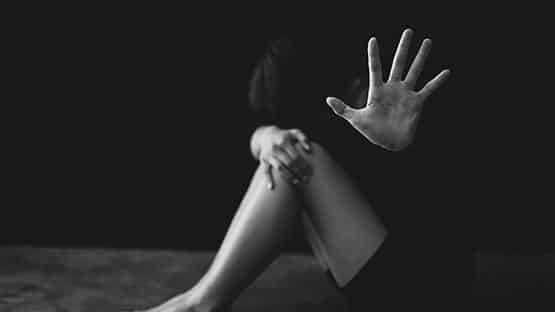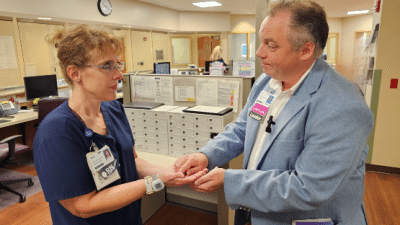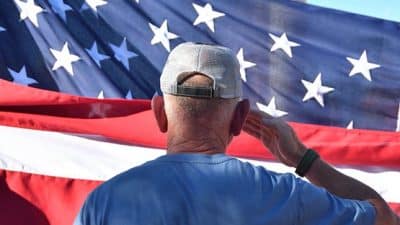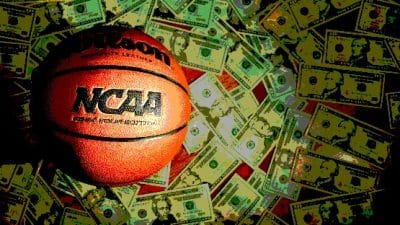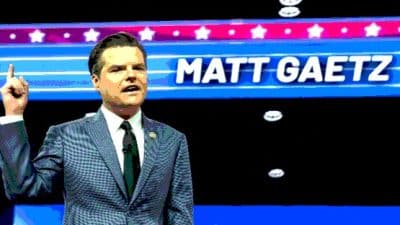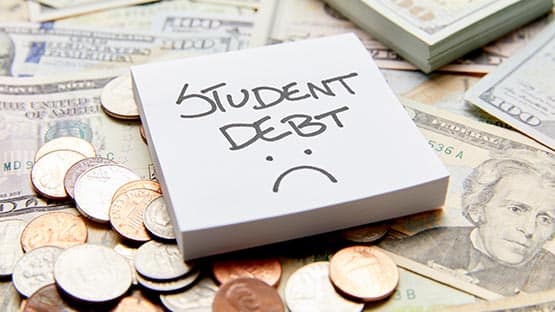
When the Great Recession hit in 2008, I had finally obtained a part-time position at The Free Lance-Star newspaper in Fredericksburg.
I began in early 2007 as a weekend obit writer and picked up a couple weekdays working as a newsroom receptionist. Within six months, someone moved from the part-time Community news reporter position to a full-time reporter position, so the Community news editor I had worked with during an internship when I was in college was more than glad to bring me on her team again.
I had sick and vacation days and 401K, but no health insurance because I was only part-time. A year later, I was one of 19 people laid off in the first round of layoffs the paper, which was founded in 1885, had ever done.
More than two years out of college, I had managed to make payments on my student loans for a year or so before I had to defer during the recession.
For 18 months, thanks to decisions by then-President Barack Obama, I received unemployment benefits. Previously, unemployment was considered a temporary solution and beneficiaries were not permitted to receive it for more than six months at a time. Obama changed that and I was grateful.
In summer 2010, I worked for the U.S. Census and in early 2011, picked up a part-time reporter position at a weekly newspaper that no longer exists. In 2011, I resumed making large payments on my student loan debt until that position ended for me in 2012.
In the years after the Great Recession, I did a lot of research about why it happened. I wanted to understand what caused it and why it had affected me so much. I found research that individuals affected by a recession are financially affected for at least 10 years afterward.
By 2018, I was living in Staunton and working full-time at a newspaper, but the years in between were not easy. I continued to make student loan payments from 2013 until paying them off in August 2022. I graduated college in May 2006.
I was lucky. Some of my friends graduated undergraduate school with more than $40,000 in debt. My loans were a little more than $15,000 and, by combining them after graduation, I got the interest down to 4 percent.
Let me explain something for anyone who has never had to borrow to pay for an education: none of us expect someone else to pay the debt off. That’s because if we are having to borrow to pay for college, that means we do not have the means otherwise to pay. I was fortunate to get a lot of scholarships and Pell grants. I attended two luncheons while in college where I was able to meet and thank the scholarship donors. I understood where every dollar paying for my college education was coming from. So much so that when I had to drop a class one semester to save my GPA and lost a scholarship I had to figure out where the money would come to make up for that lost scholarship funding.
(By the way, when you are on scholarship at college, your GPA has to stay above a certain percentage point or you lose all funding.)
My point is that anyone receiving scholarship funding and student loan funding is already facing hard times. I naively expected after college graduation to get a job making decent money and that paying off the loans would not be a problem. I did not know a recession would hit the United States and the world the likes of which had not been experienced since the Great Depression of 1929.
If I had maintained gainful employment after graduation, I would have been more than happy to pay off all of my student loan debt as soon as possible.
I even made payments all the way through the COVID-19 pandemic. Despite losing a job in June 2020, being out of work for eight weeks and then working two jobs for almost two years, I still made a payment every month.
Since the Supreme Court’s decision last Friday that President Joe Biden does not have authority to forgive $400 billion in student loan debt for Americans, I have heard from one friend who said she will have to leave a job she loves and get a better paying job so she can pay off her student debt. Another friend said she will be paying off her debt for the rest of her life. I’m sure in the weeks to come I will hear more stories from others about similar tough decisions that will have to be made.
For me, I was hoping to receive a break. I was hoping to get at least some of my student loan money back so I could pay off credit card debt and qualify for a mortgage by the end of 2023. I’m not sure how that’s going to happen now.
I understand legally why the Supreme Court made the decision it made. If the president is authorized to forgive debt, what will he be authorized to forgive next time? It could set a precedent with unexpected consequences.
But for millions of Americans who just needed a break after a global pandemic, job loss and other life setbacks, it is quite a disappointment. Think about the stimulation to the economy that these student loan borrowers might have created by buying cars, houses, making home improvements, sending the next generation off to college, paying off medical debt.
What I learned in my research about the Great Recession is that the American consumer can create an economic recession by not spending money. And in recent years the cost of everything has increased, yet wages have not necessarily kept up for everyone. This creates a situation where your everyday American does not have income to spend on stimulating the economy, and this can lead to a recession.
So, Supreme Court, if a recession hits again in 2023, which experts have been saying for more than a year was coming, guess who will be to blame?
Biden definitely will not be the reason.



